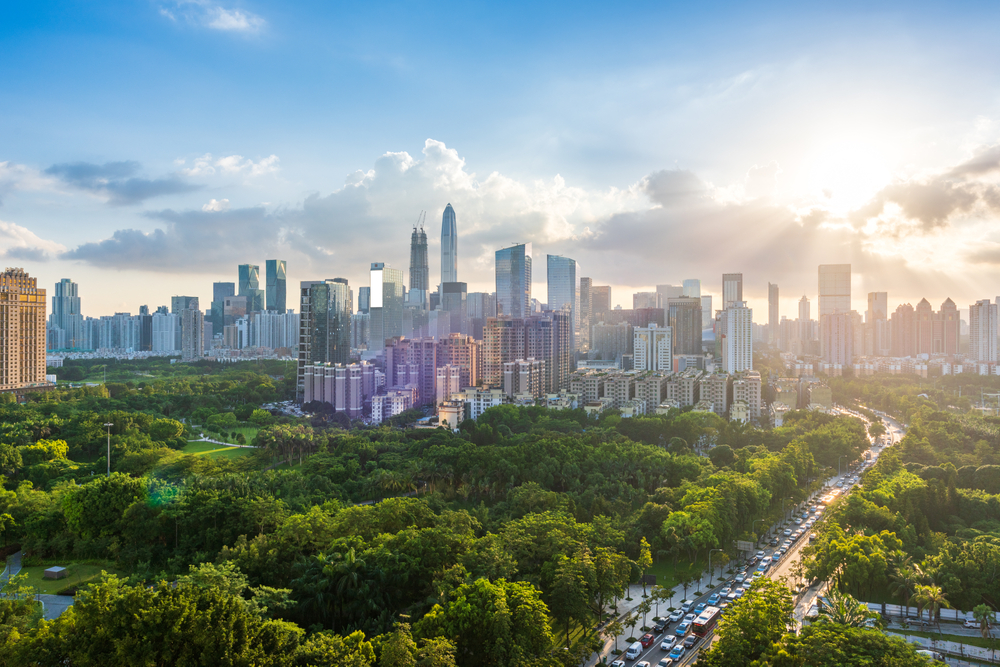Shenzhen second land sale raises $7 billion for government
The land sales show how resilient the city’s real estate market is compared to other major cities

Shenzhen sold 21 out of the 22 plots in the city’s second land sale this year, even after the government put a price-cap regulation on new flats to aid more people onto the property ladder, reported South China Morning Post.
The 21 plots – mostly snatched up by state-owned enterprises – raised RMB45.3 billion (USD7 billion) for the government, which was 7.34 percent above the minimum selling price of all 22 plots.
The residential site in Baoan district with a minimum price of RMB1.77 billion was withdrawn from sale, since it didn’t receive any offers.
Shenzhen’s second land sale this year had a completely different response to the Guangzhou two-day sale, in which less than half of the 48 sites were sold.
Yan Yuejin, director at Shanghai-based E-house China Research and Development Institute, said, “The land sales show Shenzhen’s property market is more resilient compared to other cities.”
The city’s government implemented various cooling measures earlier this month, including lowering the maximum selling price of the 22 sites to 15 percent of the base price. In addition, prices of new flats to be built on these plots were cut between three and 9.2 percent, as well as companies and their subsidiaries were restricted to a maximum of three sites each.
A series of policies have been implemented across China this year to curb the property market, some of which are centralised land sales, discussions with local governments, preventing business loans from flowing to the housing market, and a crackdown on speculation.
Property sales in Shenzhen have been toned down after another set of cooling measures in May to help the government watch for speculative buying.
More: Property prices in China’s Tier-1 cities jumps an average of 10.5%
Huang To, the general manager for project development at real estate agency Centaline’s Guangzhou unit, said, “The move illustrates the central government’s determination to stabilise land and property prices to provide more affordable homes to cool the red-hot housing market.”
“The government does not want to see a collapse in land and home prices, which could pose a threat to the country’s economy,” he added.
The Property Report editors wrote this article. For more information, email: [email protected].
Recommended
Why everyone is moving to Selangor and Johor: Malaysia’s real estate comeback
Malaysia’s upturn in fortunes is especially prevalent in secondary destinations such as Selangor and Johor
Penang’s silicon boom: How the US-China tech war is supercharging local real estate
Penang’s booming semiconductor industry has created ripples within the local real estate sector
New leader, new opportunities: How Hun Manet is shaking up Cambodia’s real estate game
Hun Manet is overseeing decent economic growth and widening access to the country’s real estate market for foreigners
Singapore embraces inclusive housing reforms amid resilient demand
The Lion City’s regulatory strength continues to exert appeal for international investors








